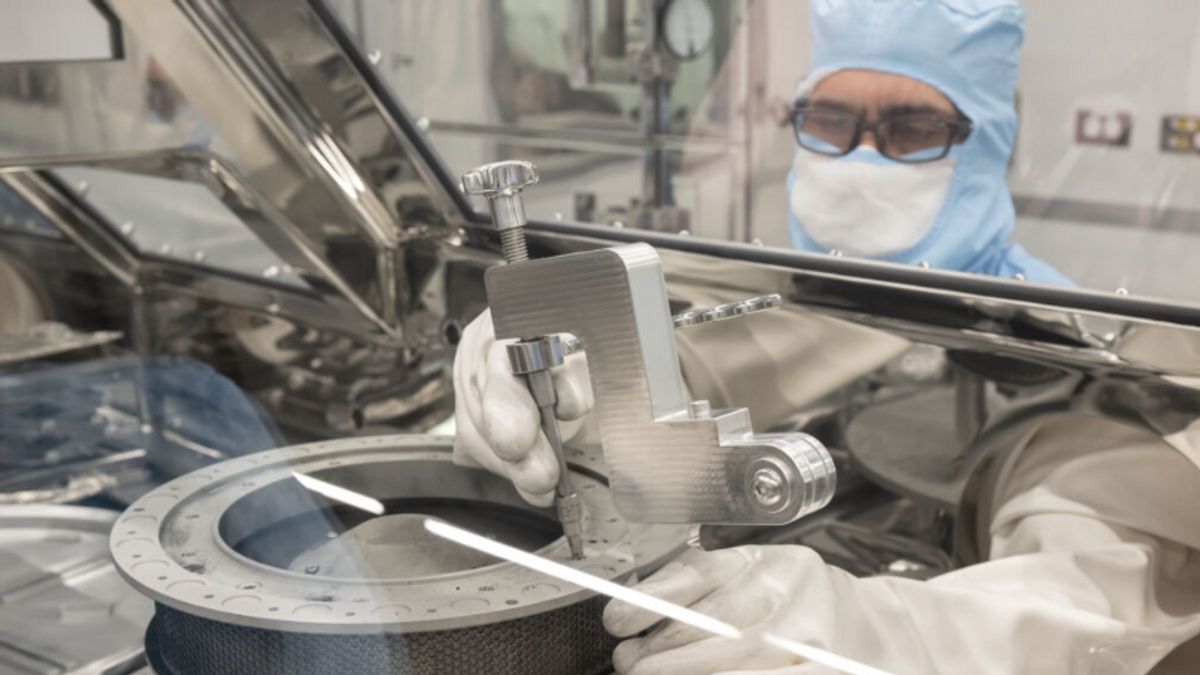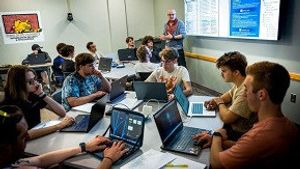JAKARTA After months of being trapped in a capsule, the United States Aeronautics and Space Agency (NASA) announced that it had successfully removed a sample of asteroid Bennu.
This can happen because NASA's Johnson Space Center curation team developed a tool to dismantle two depletioners from the head of the Sample Acquisition Mechanism (TAG SAM). This demolition managed to show rock and dust in it.
Engineers and scientists have been working tirelessly behind the scenes for months to design, develop and test new tools that allow us to get past these obstacles, said Johnson's Head of ARES Division total Stansbery.
Stansbery also said that the entire team, including engineers and scientists, was happy with this success. Welcoming this success, the team will take high-resolution samples, sample out, and weigh them.
It is not yet known the weight of the remaining samples collected, but the curation team managed to collect 70.3 grams of samples last October. Although not calculated with the newly secured sample, NASA managed to surpass the target by collecting 60 grams of material.
SEE ALSO:
Currently, the curation team has separated samples to be shared with NASA's science team. The rest of the samples carried by the Resource Identification capsule, the Security-Regolith Explorer (OSIRIS-REx) have been sealed in a manageable place to be preserved for a long period of time.
Bennu samples were first collected on October 20 last year. At that time, the curation team was only able to collect part of the material because the head of TAGSAM could not be opened. The reason is, there is no proper tool to enter the gloves box.
Tim mengalami kesulitan karena mereka harus berhati-hati untuk membuka kapsul tersebut. The only way untuk mengumpulkan sisa material adalah dengan mengembangkan alat baru yang bisa masuk ke dalam glovebox dan membuka dua penggung.
Luckily, NASA managed to open the TAGSAM and collect the remaining Bennu materials. In the next few months, the curation team will catalog Bennu samples so that they can be accessed by the global scientific community.
The English, Chinese, Japanese, Arabic, and French versions are automatically generated by the AI. So there may still be inaccuracies in translating, please always see Indonesian as our main language. (system supported by DigitalSiber.id)
















